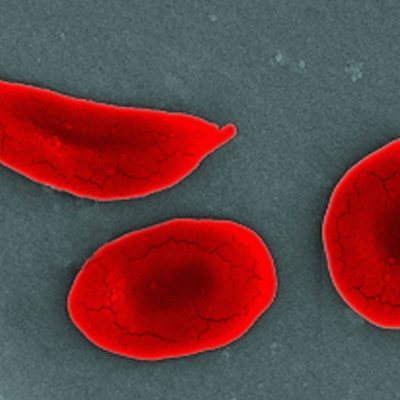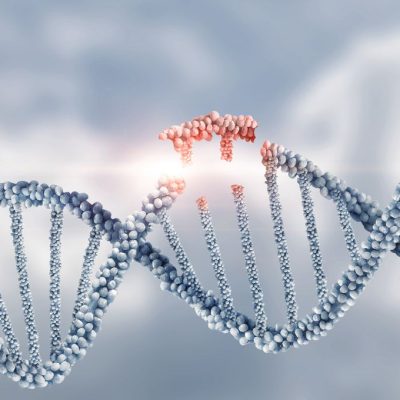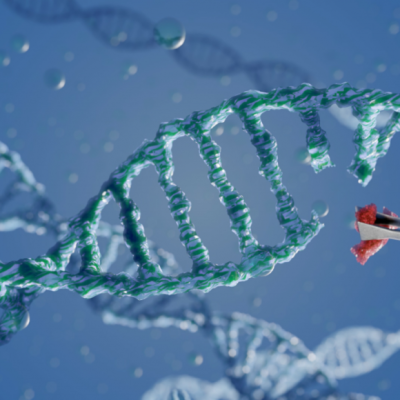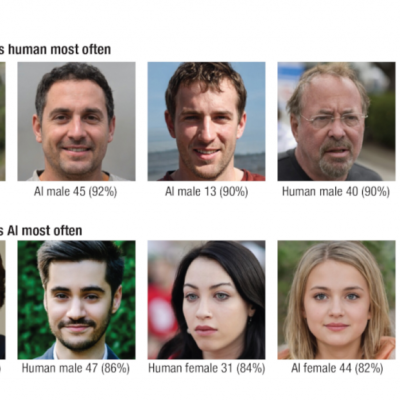The German Ethics Council has released a statement indicating that they are no longer generally opposed to the use of the gene-editing tool, Crispr. However, the council believes that it is still too early for clinical use of the tool. Instead, they are calling on the German government to work with the United Nations to create internationally recognized standards for the use of gene-editing tools. The use of Crispr has been a controversial topic since Chinese researcher He Jiankui claimed to have used the tool to edit the genes of unborn twins to make them immune to HIV. While experiments with excess embryos are taking place in other countries, the manipulation of human genes is viewed as highly critical due to its unknown long-term effects.
The German Ethics Council has released a 230-page statement outlining their position on gene-editing tools. The council evaluated the Crispr tool based on eight ethical categories, including the protection of life and integrity and the respect for human dignity. The council’s new stance is that “the germ line is no longer untouchable, but interventions should currently be avoided due to their ethical consequences.” The council is not criticizing the possibility of gene optimization itself, but rather the immature procedures and the high risk of unwanted health consequences. The council believes that an internationally recognized moratorium is necessary, and the German government should work with the United Nations to create standards for gene-editing tools.
The council’s decision-making process is outlined in a decision tree, which describes the necessary steps for the clinical use of Crispr. The council believes that the discussion surrounding the use of Crispr is not a national issue, but rather an international one that requires the creation of an international institute to develop standards for gene-editing tools. The institute should also examine the effects of gene-editing tools on society. The council’s position is that interventions should only be carried out if the procedure’s safety and efficacy are guaranteed. However, there is no consensus within the council, as some members are generally opposed to the use of Crispr and similar tools due to the belief that potential harm outweighs potential benefits.










